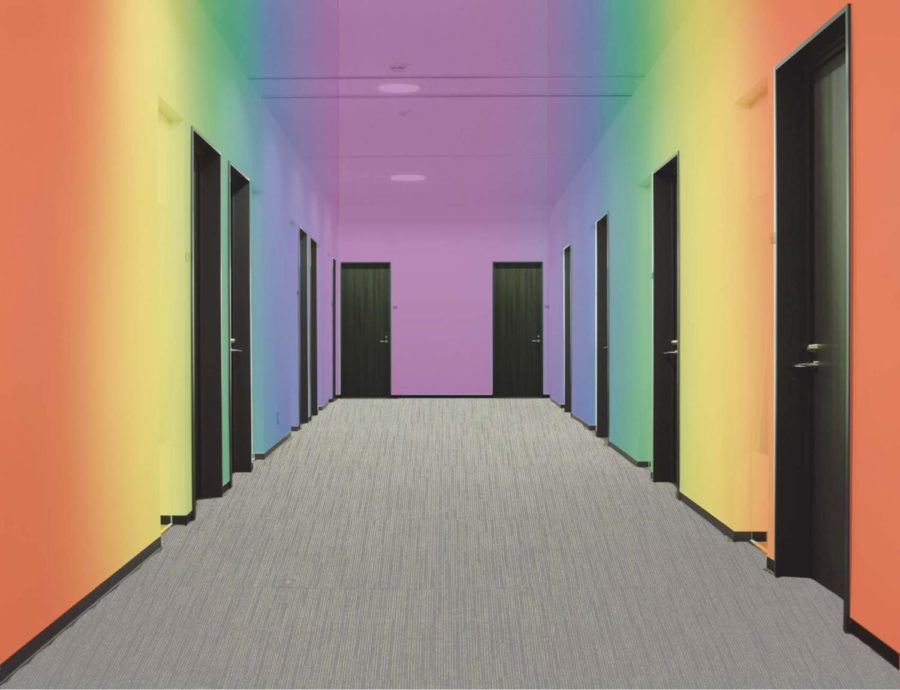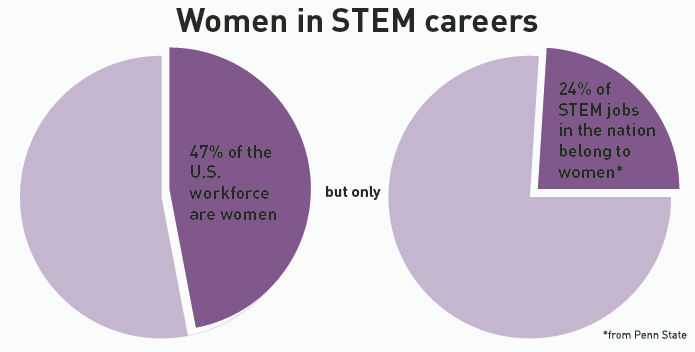Snell: Need for residential learning communities questionable
Graphic: Kelsey Kremer/Iowa State Daily
The University of Iowa gained media attention recently after announcing that the university will offer a residence floor to the Gay, Lesbian, Bisexual and Transgender Allied Union community, which will go into effect next year. Iowa State does not have a floor designated for the Gay, Lesbian, Bisexual and Transgender Allied Union community. However, there has been discussion about the idea.
January 8, 2012
Iowa State University has more than 80 learning communities available for students. Learning communities are comprised of groups of students who have something in common, such as having the same major, taking some of the same classes or having similar career goals. A learning community’s activities include peer mentoring, tutoring and social activities.
The idea, essentially, is to facilitate students helping and supporting one another.
Learning communities started in the residence halls sometime in the late 1990s. I was a student here then too, and I recall one of the first learning communities being Women in Science and Engineering (WiSE). As most dorm floors are split up by gender, it was a no-brainer for the residence halls to place girls in the same majors together.
In the past decade, learning communities have grown and now include non-residential programs, such as ones for design students or microbiologists. These learning communities are more loosely knit, being more like a club, with involved students not typically living together. The only requirement to be in these types of learning communities is basically majoring in its respective field.
I wish to state up front that I am in no way opposed to the idea of learning communities that are organized based on academics. If students want to live together or meet with one another for the purposes of doing better in school, I can appreciate that.
But there’s been some questionable communities too, such as the Women Exploring Careers, Academics and Networks (WE CAN), which was for women on welfare. First of all, I wasn’t aware that collecting government benefits paid for by other citizens entitled beneficiaries of those benefits to a special status separating them from the citizens writing the check.
Second, what about men on welfare? And lastly, being that most college students of either gender are below the federal poverty level and therefore more than qualified to collect welfare, I’m not sure what the point was anyway. We all need money. Anyway, I don’t see WE CAN on the ISU learning communities Web page at this time, so either it’s been cleverly renamed, or someone realized the silliness or the irony and ended it.
There are also learning communities based on nationality. If you’re an international student, you can live with people who are from the same country or speak the same language as you. I definitely see benefit to such an idea, as no doubt it’s extremely difficult to come to a foreign country and culture and have to speak a language you’re not a master at. I’m sure I’d have a very hard time being a student in China.
Nonetheless, I don’t see that sheltering international students from us English-speaking Americans is an intelligent idea. History shows us that self-imposed segregation based on country of origin doesn’t have good results. Not to mention anyone who studies languages and cultures knows that immersion is the fastest way to master a language and get accustomed to how other people do things. When in Rome, as they say.
Perhaps the most troubling learning community proposal came up earlier this year. Beginning in the fall of 2012, homosexual students at the University of Iowa will have the option of living with one another in a special dorm. Iowa State is currently investigating the idea.
Now before any fool accuses me of it, I am in no way bigoted against gays and lesbians. I couldn’t care less what someone’s sexual preference is; it’s no business of mine. I’m not personally attracted to men, but equal rights means equal for everyone. Frankly, though, gay dorms have to be the dumbest idea to come along since Jim Crow.
Homosexuals are not a special class of people, no matter how much noise they make in society. If we’re to subscribe to the notion of equal rights, then we shouldn’t even entertain ideas of giving people special housing based on sexual preference. What’s next if we do? Dorms for guys who have a thing for blonde girls, stocked with a one-to-one ratio of guys and blonde girls?
Let’s not forget that Iowa State and the other regent universities are public schools – that is to say, government schools. If Iowa State proposed “black dorms” there’d be hell to pay somewhere in Beardshear and someone would be clearing out their office. Public schools cannot by law sponsor segregation, which is precisely what separating people based on sexual preference is. It’s suspicious enough that we have so-called “multi-cultural” learning communities.
Besides, the same argument for international students immersing themselves in American society holds true for the homosexual students. This is a straight world, and sexual segregation does nothing to help gays learn how to live in it, nor does it help straight folks learn tolerance or understanding. Racial segregation only exacerbated and prolonged racial tensions, so I can just hear the idiots out there now: “Oh, that dorm’s where all those faggots live …”
I’m sure I’ll be attacked by somebody for saying all this, but equality means everyone being treated the same. I don’t get special considerations for being a white, straight male, and anything giving anyone else special considerations based on race, sexual preference or gender is the antithesis to equality. America will continue to be a divided, unequal society so long as people continue to divide themselves from others and request special privileges.
We can’t legislate morality, and we can’t segregate our way to equality. Only by living together as one people – as Americans – will we become the ideal free society the founders envisioned in their dreams.

















